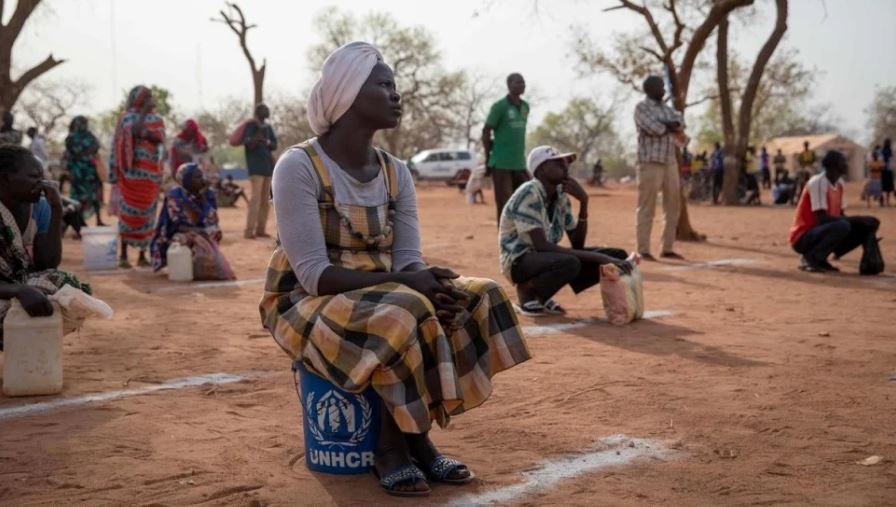
UNHCR, WFP warn refugees in Africa face hunger amid COVID-19

Millions of refugees across Africa are at risk of hunger and malnutrition due to the COVID-19 pandemic, conflict and disasters, as well as underfunding, the United Nations refugee agency (UNHCR) and the World Food Program (WFP) have warned.
“Millions of refugees throughout Africa are currently reliant on regular aid to meet their food needs,” said Filippo Grandi, UN High Commissioner for Refugees. “Around half are children, who may develop life-long difficulties if deprived of food at vital stages in their development.”
The agencies warned that unless urgent action is taken to address the situation, levels of acute malnutrition, stunting and anaemia are expected to rise, noting Ethiopia as a case study, where 62% of children in refugee camps are experiencing critical levels of anaemia.
“While the situation continues to deteriorate for everyone, the disaster is magnified for refugees who have absolutely nothing to cushion their fall,” said WFP Executive Director, David Beasley. “In the best of times, refugees live in cramped conditions, struggle to meet their basic needs and often have no option but to rely on outside assistance for their survival. Now more than ever, they need our lifesaving support.”
The agencies noted that some refugees who had been able to fend for themselves and their families by working in the informal sector had lost their jobs due to the challenges that arose from the COVID-19 crisis.
They also noted that supply chains were experiencing difficulties in delivering the much-needed aid as unstandardized health measures at multiple borders have created congestion.
The agencies noted that in East Africa, truck drivers had been forced to wait for their COVID-19 test results for long periods impacting food prepositioning in South Sudan ahead of the rainy season.
The COVID-19 crisis has also forced the cost of food to rise across Africa, making it even harder for refugees to be able to obtain adequate rations for their families.
In some cases, refugees are resorting to begging, transactional sex, or early or forced marriages to be able to afford food.
The UNHCR and WFP have appealed for funding from the international community to help feed millions of refugees across Africa, as the world continues its battle against COVID-19.
Globally, WFP activities supporting refugees have a net funding requirement of more than US$ 1.2 billion for the next six months (July-December), of which some US$ 694 million is for operations in Africa. As part of the broader UN Global Humanitarian Response Plan for COVID-19, UNHCR is requesting some US$745 million for life-saving interventions, of which US$227 million is for operations in Africa.






